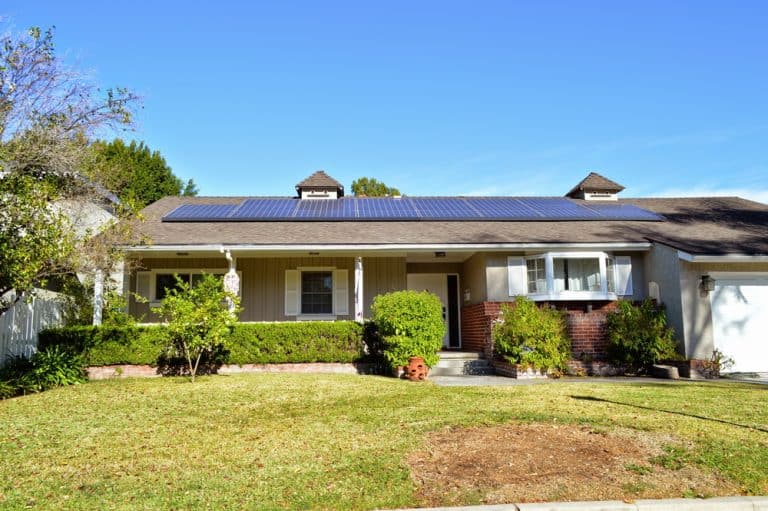Certification Requirements for San Antonio Solar Installers

In the solar industry, solar professionals hold themselves to industry-wide standards. Professionals that meet these standards receive industry-recognized North American Board of Certified Energy Practitioners (NABCEP) Certifications.
These certifications tell the world that the professional has the skills to meet the needs and expectations of the profession. This certification, however, isn’t the only certification that quality solar professionals need.
They also need to meet state, city, and utility requirements for the state or states that they serve.
State Solar Licensing and Industry Training Certifications
Although NABCEP Certifications makes solar professionals stand out, certification is not a requirement. Well, at least not everywhere.
Each state has different licensing requirements for solar professionals. State requirements are ment to ensure solar practitioners are safe.
Sometimes states require NABCEP certification as part of their licensing. States and cities often have licensing requirements in addition to NABCEP certification. Some states and utilities provide incentives to customers that hire NABCEP certified solar practitioners.
Installer Requirements for CPS Solar Incentives
In San Antonio, CPS only offers its solar rebate program to customers that use approved installers. They offer increased incentives to customers that used a local approved solar installer.
There is a list of necessary items that CPS certified solar contractors need before they can be approved. Solar installers need at least one full-time NABCEP certified installer, employ a licensed master electrician, have their Texas contractor license. They then need to register their license with San Antonio as an electrical contractor, have a good standing with customer protection entities, and maintain commercial general liability insurance with CPS Energy as a certificate holder.
Solar installers need to meet another set of qualifications to qualify as a local installer. They need to have a business office in San Antonio, demonstrate and certify that the office is functional, and regularly report how many non-subcontractor local employees they have.
Solar Energy Contractor or Sub Contractor
Another important distinction is whether the solar practitioner is a contractor or a subcontractor. While these two terms may seem the same, they are different.
A contractor, or general contractor, is the company that the homeowner has purchased solar through. They are the ones in charge of overseeing the entire project.
Subcontractors complete a specific part of the project. Although employed by the contractor, subcontractors aren’t employees.
Subcontractors are not employees, which is why they need separate insurance. General contractors take care of the logistics behind issues and maintenance. However, if the subcontractor is responsible, the general contractor’s insurance will not cover it.
Solar Licensing in Texas
In Texas, all solar installation companies need to have a current state electrical contractor license. With this license in hand, the solar company can legally start installing in Texas.
However, this isn’t the only requirement for solar companies that are installing solar in San Antonio. While Texas only requires a state electrical contractor license, utilities within the state have additional requirements.
CPS Energy, San Antonio’s municipal utility, requires the installer to have a state electrical contractor license registered with San Antonio.
Texas Electrical Contractor License for Solar
To acquire the state-mandated electrical contractor license, the solar company needs to submit the application and fees. They also need to provide documentation of the required training, proof of general liability insurance, and proof of ownership of the business.
Registering as a San Antonio Electrical Contractor
After obtaining the Texas Electrical Contractor License, the solar company needs to file the license with San Antonio. It can then start the permitting process for potential solar customers.
Because there is so much red tape, it is easier to hire a solar company than it is to turn your solar array into a DIY project.



Send a Message
Oops! We could not locate your form.